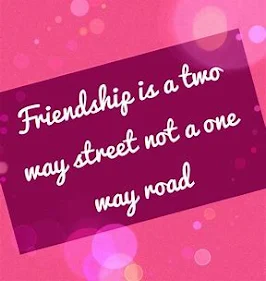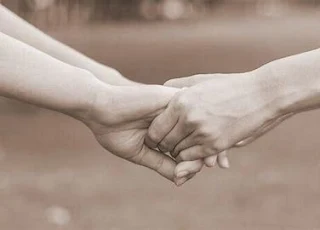Are We Wired To Be RICH Or POOR?
Are We Wired To Be RICH Or POOR? I DON'T think so. I strongly disagree with that proposition BUT you might ask me, why is our thread today all about being RICH or POOR? It's because this is a valid and common concern NOT just in the Third World but even in the First World like the United States where the 2023 population is at 339 million and the poverty rate in 2023 is pegged at 11.5%. That translates to almost 39 million Americans in poverty. Now let's go back to the nagging question if ARE WE WIRED TO BE RICH or POOR? NAWH sirrrrrs, we are NOT. Because I firmly believe almost all of us have similar chances to climb up the ladder in life, regardless of the kind of ladder📗📙📘
NOT to downplay America because it is well known as the LAND OF OPPORTUNITIES, the LAND of HONEY but statistics show that even beyond the 39 million population living in poverty, a bigger chunk of the population are living PAYCHECK to PAYCHECK. In fact, it is normal to hear about side hustles in the First World countries BUT if we DON'T fundamentally understand how money works, more of it WON'T fix the problem📌📌📌
Often times, we would hear that we CAN'T be all be rich? THAT we need people WHO will work n retail, food service and hospitality. I regret I DON'T have the slightest inclination to agree with that proposition. BUT here's a three-liner I stumbled across:
The LOWER CLASS spends the money
The MIDDLE CLASS saves their money
The UPPER CLASS invests their money
These three-liners CAN'T be farther from the truth! And this is the main reason WHY most people stay in the class they were raised in. We seem to learn to act by watching those around us💧💧💧
The harsh reality here is that it takes some real serious work to UNDO any ingrained thought process. Looking back at my family's past years, I have to admit that we were living on PAYCHECK to PAYCHECK and that was a vicious cycle too difficult to part with. All along, I thought that for my family at that time to move into the UPPER CLASS, it would mean identifying and then rewiring the thought processes that were instilled in me from time time I was nothing but a dependent💥💥💥
Our takeaway: In life, NOTHING IS CAST IN STONE. Opportunities are lurking and spread all over the place. Challenge is that most of those opportunities are obscured or way beyond the surface and it takes a real darn curious Lothario to unearth it from below the ground. Lastly, NOT to cast down on the lower classes in our society, we are all encouraged to look way beyond just around us. It's true we should look up to our parents, our families, relatives and close coterie of friends but let us go beyond our horizons because we are NOT WIRED TO BE RICH or POOR. It's all up to us, dude😀😀😀




























































